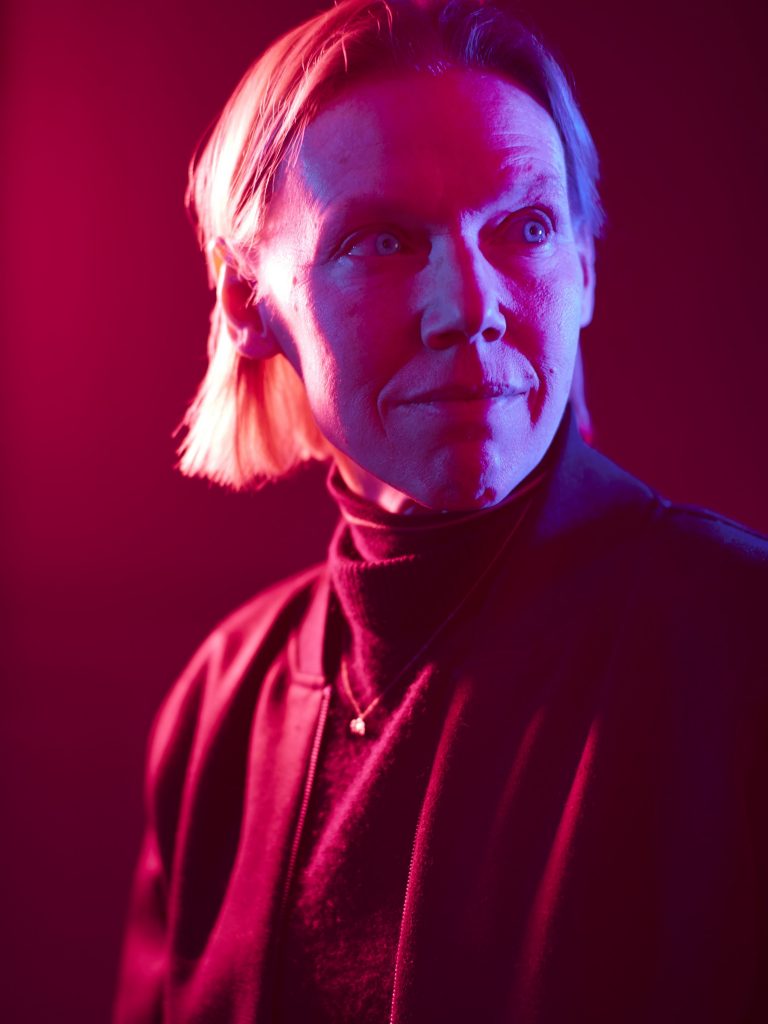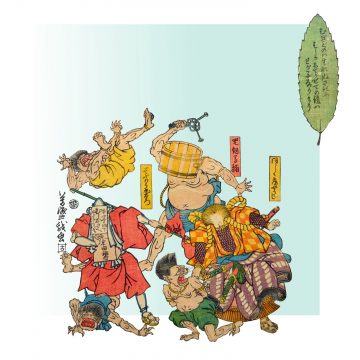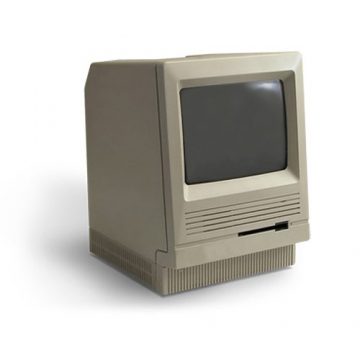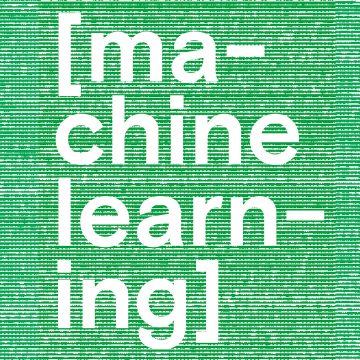What does it means to be human in a technological world?
Every new wave of technology creates profound questions about what it means to be human, says Professor Caroline Bassett.

“Technology is never purely technical; it’s cultural,” says Professor Caroline Bassett, Director of Cambridge Digital Humanities (CDH). “Take self-driving cars, for example. On the face of it, they don’t seem to have much to do with art, history, philosophy or literature. But when you think about them, it’s very obvious that they’re about the way that we interact, the way that we’re human, the way we talk to each other. There are ethical questions, but also political questions, in the sense of power, social power, and division – and those kinds of questions are humanities questions.”
Bassett’s field is giant and multidisciplinary. So, while practically she sits within the Faculty of English, she confesses that she “floats” – her work flourishes in many fields. At its heart, though, her research champions both the role that technology can play in the humanities, and the role the humanities can play in the technological world. “Each new wave of technology produces a new set of questions about culture, around social structures, and how they are going to relate to that technology, and how problems in them might be addressed or amplified or articulated differently,” she says.
The humanities have always asked: Which humans? For whom? For whose interest do you mean?”
Computer science, she says, is very bad at addressing these questions – and as someone once on the inside of the industry, she should know. After studying English as an undergraduate at University College London, she “accidentally became a technology journalist”, working her way up to a role as editor of the magazine MacUser. It was an exciting time for Bassett who – by her own account – was one of the first women editors of a tech magazine in the UK. “Everything about technology was changing really quickly. And these magazines were really rather brilliant places just to sit and watch what was happening in Silicon Valley from Soho.”
Things haven’t slowed down since then, and Bassett hasn’t stopped watching. She left journalism to do an MA in media theory at Sussex University before pursuing a PhD, writing her doctoral thesis on narrative and new media. She stayed there as a lecturer, leading projects on utopia and science fiction, big data and communities, and co-writing Furious, a technophile feminist take on technological ambition that was also an experiment in collaborative writing. “We argued endlessly,” she says of the writing process. “It was brilliant.”
CDH was the natural next step. “Computer science and certainly AI at the moment tend to talk about ‘the’ human and ‘the’ machine – as in, humans are going to be helped by machines,” Bassett says. “And actually the humanities have always asked: Which humans? For whom? For whose interest do you mean?”
Our era could be defined as one of computational capitalism
For Bassett, it’s imperative that we begin to think more about these issues. “There are 35 billion sensors in the world this week, and probably 36 billion next week,” she says. She likens humans to fish “swimming in the waters of the computational, that’s the sea we’re in”. While popular culture might promote the enticing idea of digital detoxes, Bassett says that our era could be defined as one of computational capitalism – we live in a capitalist, market system that is “now organised through, articulated by, and saturated with computational technologies”. Escape, therefore, is not that simple.
“Should we leave? Should we stay? The fact is, we can’t just step outside,” Bassett says. “I could turn off my device, but this room is networked. I can refuse to use Apple Pay, but if I use my credit card, really, what’s the difference? We live in this system.”
Bassett’s work probes the ways in which these structural, social and cultural systems shape technology and the ways that technology transforms these systems in turn. One question at the heart of much of her research is therefore not what technology is doing but rather what technology could be doing. “I’m interested in the ways that cultural technologies emerge and how they come to be what they are, and also how they might have been different, and quite often how they might have been better,” she says.
Most of us are very familiar with the ways in which things have gone wrong. Bassett points to the human biases that are built into tech, producing sexist and racist algorithms or simply just imperfect models. “If you train a natural language processor on a giant data lake which comes from the internet, it’s in no way global – it’s a subset of those people who speak English. We train the AI on this and then expect the results to be neutral. But why would they be?”
Computers hold this promise of radical transformation. But what they often produce is an extension of the systems we’ve already got
When most people talk about innovation in technology, they’re referring to the bigger, the faster, the shinier; when they talk about disruption, it normally refers to the market. To Bassett, these words have entirely different meanings. “Rather than being visibly disruptive, AI is supposed to make things like our interactions with services and commodities smoother and more seamless,” she says, citing internet banking. “But I think the idea of AI agents disrupting assumed conventions – for instance, around gender and sex binaries – is really interesting.”
For Bassett, there are myriad ways that technology “can be disruptive in a way that we often don’t assume that technology is”. While science fiction and popular imagination might obsess about the ways AI can become more human, Bassett is more interested in the ways in which it can be entirely alien. She is particularly fascinated by technology that is capable of producing writing. “It’s not that I expect an AI to write Shakespeare – in fact, that would be deadly,” Bassett says. “The whole point would be to see what an AI might produce that’s fundamentally not human. That’s profoundly new. That breaks something.”
Yet Bassett also says our current era of computational saturation is defined by a constant flitting between “technological hope” and “technological anxiety” – we’re trapped in a cycle of assuming that new technology will improve our lives before we’re ultimately disappointed. “Computers hold this promise of some kind of radical transformation, but often what they’ve produced is an extension of the kinds of systems we’ve already got,” she says. “In the 1990s, virtual space seemed like a place for creativity and new forms of cultural production, new kinds of literature, new forms of life. What did we get? Facebook.”
For one very brief moment in the history of computers, there was an equal number of people against machines
Bassett’s latest book, Anti-Computing: Dissent and the Machine, explores historical moments of rebellion against the computational. “There was a brilliant moment in 1960s Britain when there was a massively short-lived ‘league against computing’, which at one point claimed to have 4,000 members – and there were about 4,000 computers in Britain at the time,” she says. “For one very brief moment in the history of computers, there was an equal number of people against machines and machines themselves.”
That moment has passed but Bassett stresses that it’s important that we all continue to interrogate what “progress” means in a technological context. “That’s my point of intervention really. We’re encouraged to think that technological progress is inevitable. But it’s not. Computational culture could have been different and there are many things about it that are brilliant. But there are many things that could be better. So I’m really interested in de- naturalising or trying to explore a relationship that we accept as natural or even as ‘just progress’.
“In a way, I think everything I’ve written has tried to explore the question of what constitutes progress. I’ve addressed this in relation to gender and difference, by looking at literature and cultural forms, by theorising technology, and also by thinking about progress and its claims about the future. If you think about technology coming to us, we’re always told the next bit of technology is better. If it’s not better now, it will be in exactly five minutes – just around the corner is going to be better technology and a better world,” she says. “And I think we should decouple those things. Ultimately we may discover that the promises for technological advancement might not actually equate to promises for a better world.”
Find out more about research at Cambridge Digital Humanities







